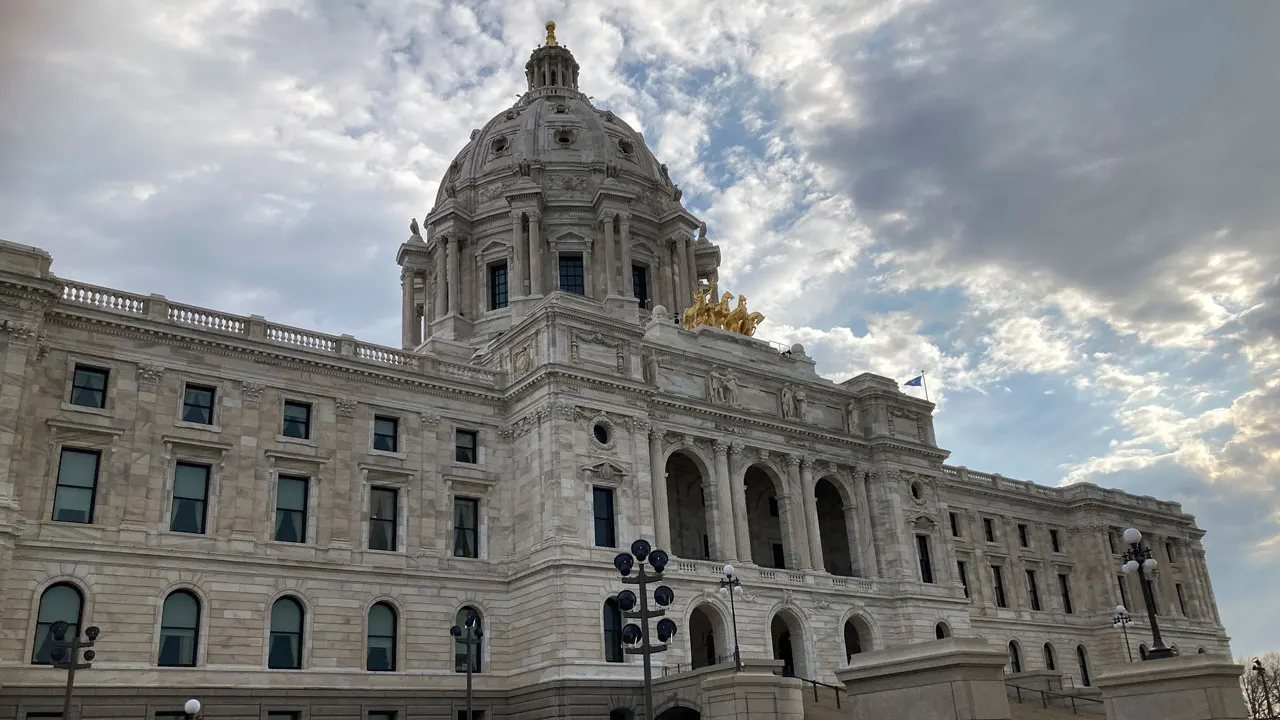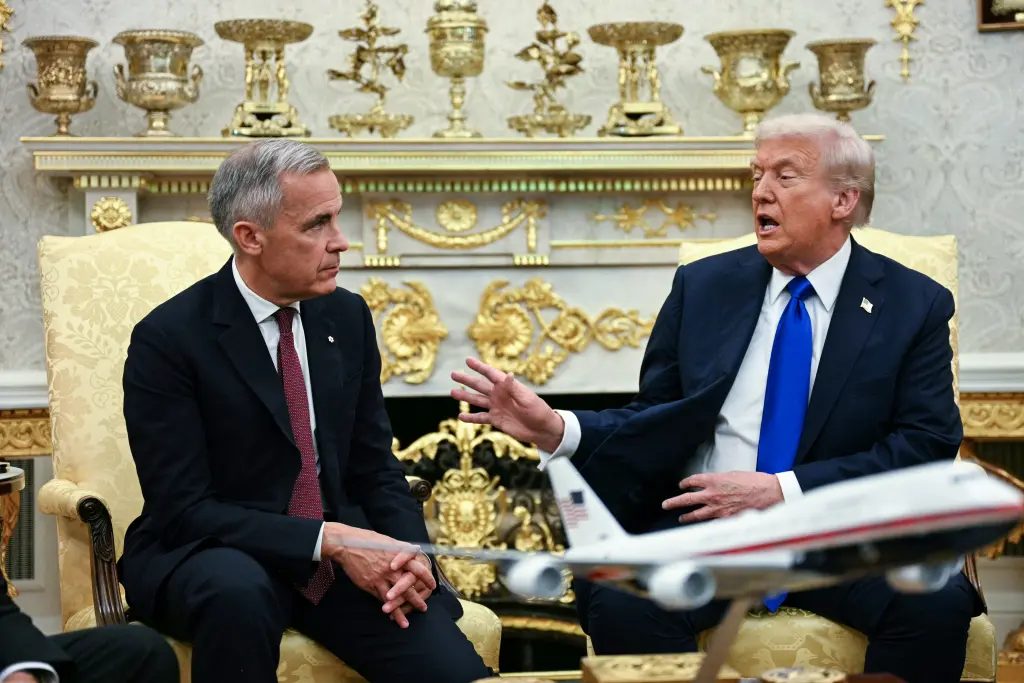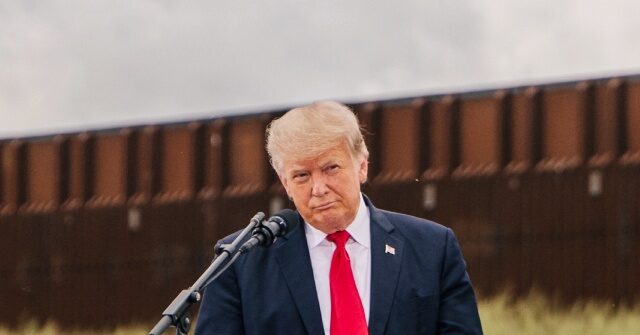In a unanimous decision, the Minnesota Supreme Court has ruled that USA Powerlifting discriminated against transgender athlete JayCee Cooper by barring them from competing in the women’s division of a competition in 2018. This ruling, which underscores the growing tension surrounding transgender athletes in women’s sports, marks a significant legal moment.
The case, originally filed in 2021, involved Cooper's lawsuit against USA Powerlifting, accusing the organization of violating Minnesota’s Human Rights Act by refusing to allow them to compete as a transgender woman. The court agreed with Cooper, stating that USA Powerlifting’s policy at the time of Cooper's application "categorically excluded transgender women from competing in the women's division," and thus, the exclusion was based on "discriminatory motive."
Chief Justice Natalie Hudson, writing for the court, asserted, "USA Powerlifting's policy is discriminatory on its face; there is therefore no genuine dispute that USA Powerlifting discriminated against Cooper because of her transgender status."
However, while the court sided with Cooper on the discrimination issue, it sent part of the case back to a lower court to determine if USA Powerlifting could justify its decision with a "legitimate business purpose" for excluding transgender athletes. This leaves the door open for further legal proceedings on the grounds of fairness in competition.
The ruling comes after a previous decision by the Minnesota Court of Appeals in 2023, which had sent the case back to trial, citing questions about whether the policy was discriminatory and whether there was any valid business reason behind it. The state’s highest court decided to step in this past July to finalize the matter.
In response to the decision, USA Powerlifting President Larry Maile emphasized that the organization’s primary goal is to ensure fair competition. "Our goal at USAPL is to create rules and a framework that uphold the principles of fair play, not to exclude anyone," Maile said, pointing to the creation of an "open MX division" in 2021 for transgender and nonbinary athletes.
While USA Powerlifting’s defense is rooted in the belief that transgender women may have a physical advantage over cisgender women, the court’s decision places the onus on them to prove whether excluding transgender athletes serves a legitimate business interest or is just a policy rooted in discrimination.
The ruling has drawn sharp criticism from Minnesota Republicans, with House Speaker Lisa Demuth condemning the court’s decision, signaling the ongoing political divide over this issue.
As the debate over fair play and inclusion continues to heat up, this decision is far from the final word. With further legal battles on the horizon, it’s clear that the question of where to draw the line between fairness and inclusion in sports will remain a point of contention. For now, it’s a win for Cooper—and a warning shot across the bow of organizations grappling with this complex issue.



